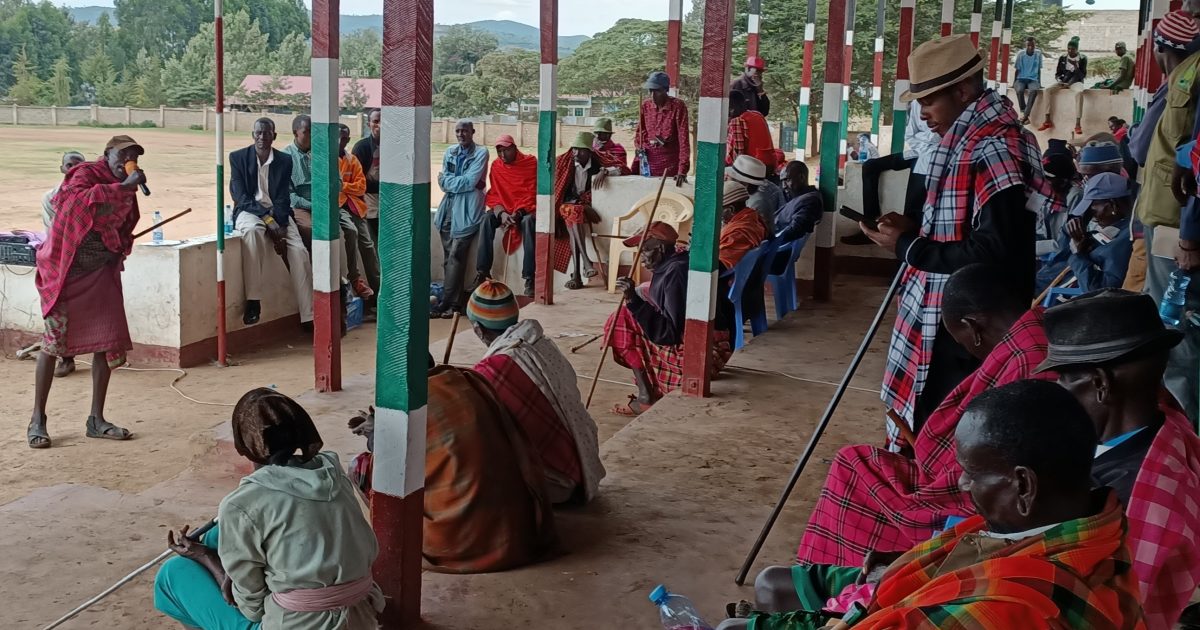Members of the Kirisia Forest Association have started collecting signatures to kick their officials out of office for what they termed as unfair treatment of members and failing to conserve the forest.
Speaking at the Kenyatta stadium in Maralal town during the signature collection exercise, the members said that the current officials of the Naramat Community Forest Association (CFA) which is part of the three CFAs of the larger Kirisia forest have overstayed in office by over two years.
Led by spokesman Thomas Lesaatin, the members said that the CFA officials are currently registering local charcoal burners with an aim of identifying them so that they can receive financial support from donors to enable them start small businesses and stop destroying the forest through charcoal burning.
Mr Lesaatin added that the registration exercise is being done without involving the community members and has led to an influx of charcoal burners leading to deforestation.
“Everybody in the community has now become a charcoal burner so that they can meet the threshold to receive financial assistance from donors. This has led to deforestation and the CFA leadership must be disbanded for failing in its primary duty and to avoid further forest loss,” he said.
He added that community members are being forced to part with Sh 30 for a goat or sheep and Sh.100 per month for a cow so that they can be allowed in the community designated grazing zones within the forest.
“The community grazing zones within the forest are free and there was no public participation while coming up with the grazing fee therefore it is illegal. Furthermore, we don’t have other sources of money apart from livestock,” said Lesaatin.
At the same time, the community members decried the committee’s decision of buying tree seedlings from neighbouring counties during tree planting exercises in Kirisia forest saying that the tree seedlings should be sourced locally to uplift the living standards of locals.
By Esther Theuri and Peter Mbitiro





